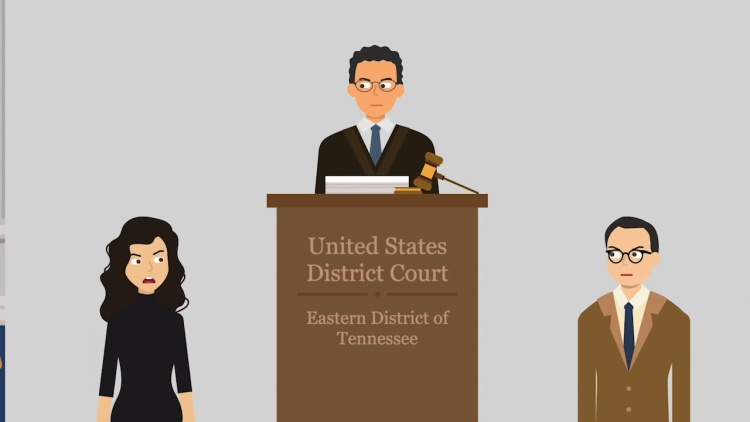Southeastern Promotions, Ltd. v. Conrad
United States Supreme Court
420 U.S. 546 (1975)

- Written by Josh Lee, JD
Facts
Southeastern Promotions, Ltd. (Southeastern) (plaintiff) applied for the use of a city-owned theatrical venue for a showing of the musical Hair in Chattanooga, Tennessee. Because the musical contained nudity and sexual content, the directors of the Chattanooga Memorial Auditorium (the board) (defendants) voted to deny Southeastern’s use of the venue on obscenity grounds. Southeastern filed for temporary injunctive relief. This was denied by the district court, which found that Southeastern had failed to carry its burden of persuasion though the board had not filed an answer to Southeastern’s complaint. Five months later, Southeastern sought a permanent injunction against the board, and the board filed an answer. The district court ruled against Southeastern, holding that public nudity and obscene acts were separate from constitutionally protected speech and that the presentation of the musical would violate city ordinances and state laws against obscenity. Southeastern appealed. The United States Court of Appeals affirmed. Southeastern again appealed. The United States Supreme Court granted certiorari.
Rule of Law
Issue
Holding and Reasoning (Blackmun, J.)
Dissent (White, J.)
Dissent (Rehnquist, J.)
What to do next…
Here's why 899,000 law students have relied on our case briefs:
- Written by law professors and practitioners, not other law students. 47,000 briefs, keyed to 994 casebooks. Top-notch customer support.
- The right amount of information, includes the facts, issues, rule of law, holding and reasoning, and any concurrences and dissents.
- Access in your classes, works on your mobile and tablet. Massive library of related video lessons and high quality multiple-choice questions.
- Easy to use, uniform format for every case brief. Written in plain English, not in legalese. Our briefs summarize and simplify; they don’t just repeat the court’s language.





